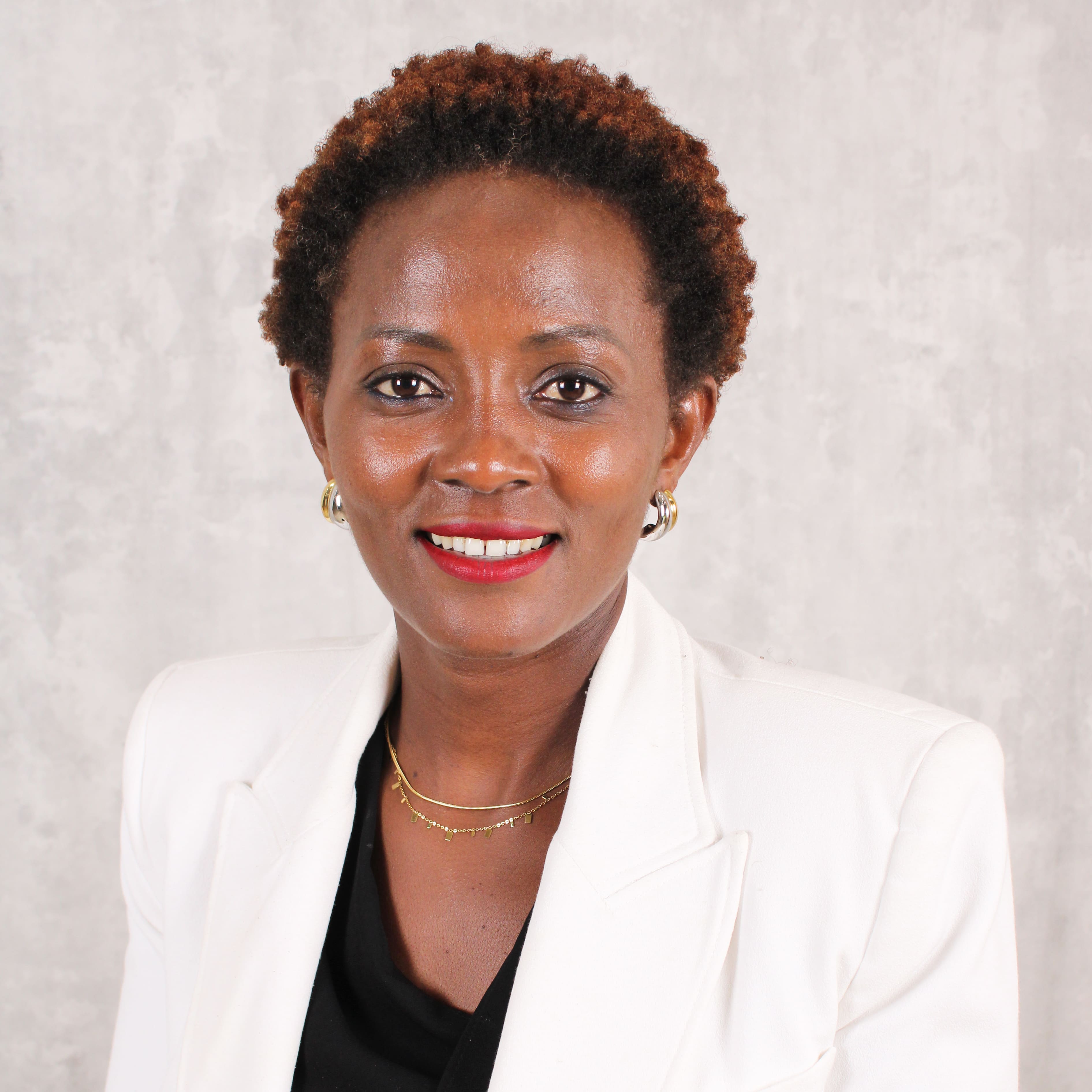Milka Wahu
Visited the IAS from August to September 2024

I am a lecturer at Jomo Kenyatta University of Agriculture and Technology (JKUAT) school of law, Kenya, and a PhD student at the Chair of African Legal Studies - University of Bayreuth, Germany. I am also the founder and current executive director of Amka Africa Justice Initiative (Amka Africa), a Pan-African non-profit organization registered in Kenya. Amka Africa works through collaborative tripartite partnerships with university legal clinics on one part, and grassroots human rights organisations on the other part, to promote access to justice for the marginalised and indigent communities and persons. Through Amka Africa, I organise and mentor students and young lawyers to engage in research, policy advocacy, public interest litigation and provide free legal services to the underserved, and in effect improve their lives in immense ways. The snowball effect of my work is a generation of lawyers, judges, prosecutors, policy makers and community leaders who appreciate that access to justice remains a problem globally, and who lend themselves to the aid of the needy.
My research interests broadly concern clinical legal education and practice in relation to access to justice for the marginalised groups such as children and women in vulnerable situations such as disability, migration, exploitative labour, human trafficking and other forms of modern slavery; intersex, transgender and gender diverse persons. In this context, I contribute to research for practical advocacy and academic objectives. For instance, I co-authored article ‘The Legal Impunity for Gender Based Violence against Intersex, Transgender, and Gender Diverse Persons in Kenya: A Legal Recognition Issue for the African Human Rights System’ to raise awareness on nascent issues on intersection between the failure by the African Human Rights System to recognise intersex, transgender and gender diverse persons and gender based violence against the group. The article has been extensively used to support ongoing public interest ligations on the rights of transgender persons and is a foundation of an ongoing empirical research on legal recognition of intersex, transgender and gender non-conforming persons vis-à-vis civil registration and vital statistics policies in Kenya.
During my four weeks (15 August-14 September 2024) fellowship at the Institute of African Studies - University of Bayreuth, I made progress on my ongoing book chapters on the project, “When the Law is not Enough: Intractable Problems of Human Rights in Africa”. The project is domiciled at the Chair of African Legal Studies and aims to break new ground by re-imagining human rights theory and practice. My contribution spans two chapters focusing on human trafficking and normalisation of intersex persons through conversion practices in East Africa, as intractable problems of human rights in Africa. In the spirit of re-imagining theory and practice, the later chapter is inspired by advocacy baseline research I had previously spearheaded, ‘Not Broken, Do not ‘Fix’: Prevalence, Nature and Impact of Medical, Cultural and Religious "Normalisation" or "Conversion" Practices against Intersex Persons in Kenya’. The fellowship also offered me opportunity to meet other researchers with similar research interests, and have discussions with Prof. Dr. Thoko Kaime on potential areas of future collaboration between my university/Amka Africa and Chair of African Legal Studies.
Besides academic engagements, my stay in Bayreuth was made more pleasant by the warmth and valuable assistance I received from many people. My colleagues at the Chair of the African Legal Studies, Gift Maluka and Ange Dorine ensured all my logistical needs were met. Professor Thoko graciously took to me to the Iwalewahaus where I enjoyed the rich beautiful African artefacts on display and a lengthy chat with Dr. Faye Malick. I reconnected with my former professor at Tanzanian-German Centre for Eastern African Legal Studies, Prof. Dr. Ulrike Wanitzek and her husband Mr. Bernhard Wanitzek who invited me to their home where I enjoyed sumptuous Swahili dishes and Bayreuth beer. Prof. Ulrike took me for walks at the university botanical garden and the Rohrensee Park, while Mr. Bernhard gave me a comprehensive tour of the Bayreuth town, taking great care to explain various important and historical structures.
Though my fellowship happened when the university was in recess, I enjoyed my stay at Bayreuth immensely. My sincere gratitude goes to IAS and all the people who made my stay productive.

